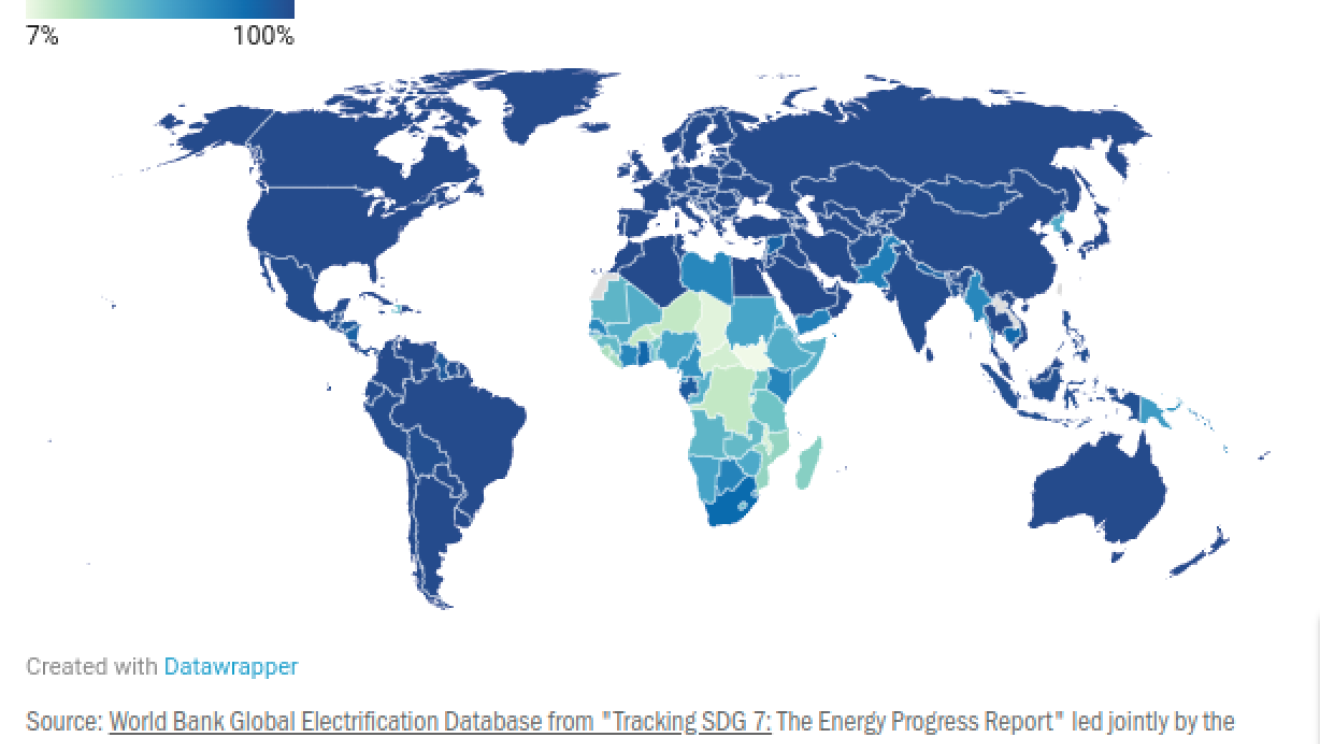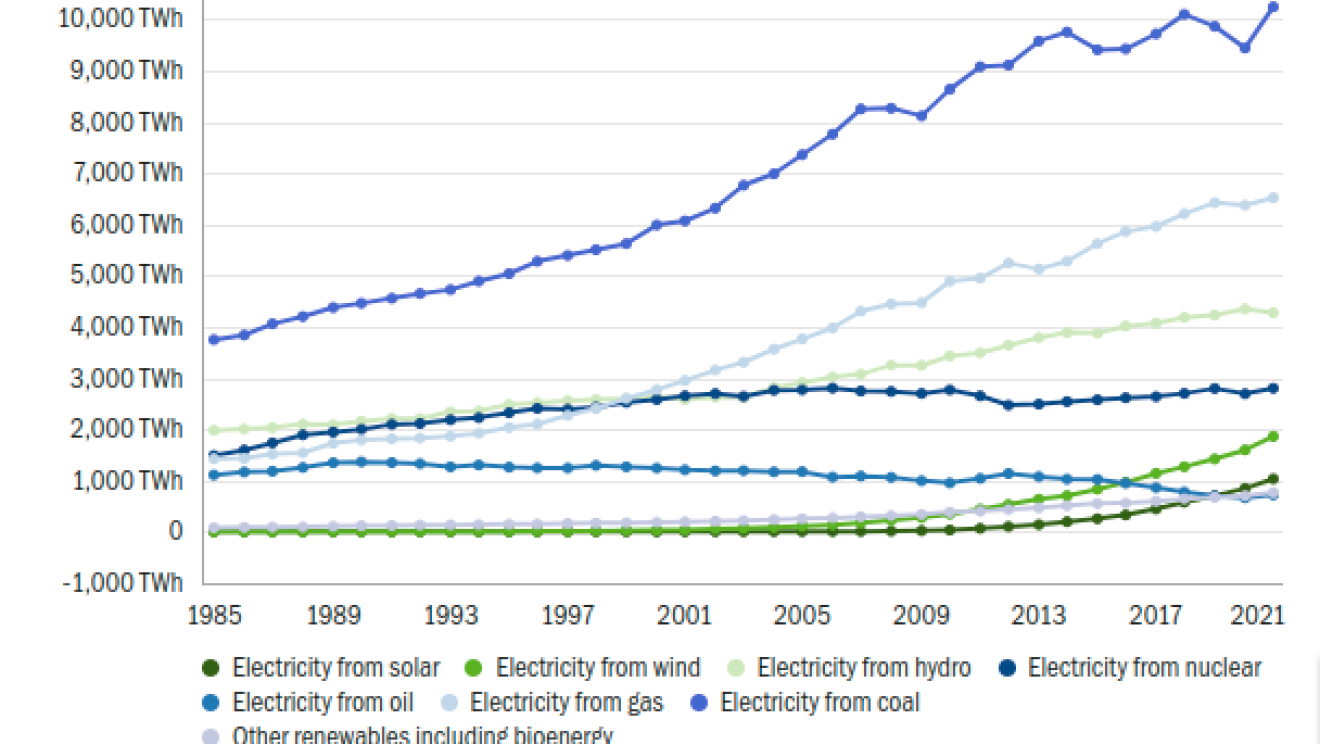Governments must consider the resilience and livelihoods of local communities when planning GH2 production rollouts. Any potential benefits in terms of employment and export revenues should not come at the expense of energy, water or food security. The key is inclusiveness: the involvement of local communities in the formulation of strategies to ensure that all stakeholders’ voices are heard and their concerns considered (11). The management of just industrial transitions involves navigating trade-offs between different dimensions of justice, equity and participation rather than achieving a predetermined “win” across all dimensions.
The involvement of local communities in the formulation of GH2 strategies is key to ensuring inclusiveness.
Due to the considerable costs, safety and leakage concerns as well as the impact of GH2 transport for the purpose of exports on the water lifecycle, producer countries should focus not only on GH2 exports but also use their produced GH2 to locally manufacture “green” goods for export. Governments should furthermore ensure that foreign enterprises investing in the setting up of GH2 facilities are bound by local content requirements, including the use of locally available labour, to ensure beneficial spillover effects and the sustainable building of domestic expertise and technical skills capacities.
Additional measures to improve community resilience and safeguard ecosystems include integrated socio-environmental impact assessments, which shed light on the true costs and feasibility of GH2-related infrastructure projects before construction commences. Pricing or regulatory interventions to internalize environmental externalities on a broad scale could mitigate harmful impacts and enhance GH2 competitiveness as the price gap to other hydrogen production methods would shrink. CSR could become another major component in a just and sustainable GH2 transition. Ultimately, it will take collaboration among all stakeholders, including the public and private sectors, investors and local communities, to create an inclusive GH2 economy that benefits people and the planet.
- Smeeta Fokeer is Industrial Development Officer at the Climate and Technology Partnership Division (CTP) of the United Nations Industrial Development Organization (UNIDO).
- Jan Sievernich is Project Associate with the Climate and Technology Partnership Division (CTP) of the United Nations Industrial Development Organization (UNIDO).
- Petra Schwager is Chief of the Energy Technologies and Industrial Applications Division at the United Nations Industrial Development Organization (UNIDO).
Disclaimer: The views expressed in this article are those of the authors based on their experience and on prior research and do not necessarily reflect the views of UNIDO (read more).
- IRENA (2022). Geopolitics of the Energy Transformation: The Hydrogen Factor. International Renewable Energy Agency: Abu Dhabi.
- Mukelabai M.D, et al. (2022). Renewable hydrogen economy outlook in Africa. Renewable and Sustainable Energy Reviews 2022; 167:112705. https://doi.org/10.1016/j.rser.2022.112705
- Ajanovic A., et al. (2022). The economics and the environmental benignity of different colors of hydrogen. Int J Hydrogen Energy 2022; 47:24136e24154. https://doi.org/10.1016/j.ijhydene.2022.02.094
- Mukelabai M.D, et al. (2022). Renewable hydrogen economy outlook in Africa. Renewable and Sustainable Energy Reviews 2022; 167:112705. https://doi.org/10.1016/j.rser.2022.112705
- Bezdek (2018). The hydrogen economy and jobs of the future. Renew. Energy Environ. Sustain. 2019; 4:1. https://doi.org/10.1051/rees/2018005
- Mukelabai M.D, et al. (2022). Renewable hydrogen economy outlook in Africa. Renewable and Sustainable Energy Reviews 2022; 167:112705. https://doi.org/10.1016/j.rser.2022.112705
- Al-Qahtani A., et al. (2021). Uncovering the true cost of hydrogen production routes using life cycle monetisation. Applied Energy 2021; 281:115958. https://doi.org/10.1016/j.apenergy.2020.115958
- Zhao G, Kraglund MR, Frandsen HL, Wulff AC, Jensen SH, Chen M, et al. (2020). Life cycle assessment of H2O electrolysis technologies. Int J Hydrogen Energy 2020; 45(43):23765e81. https://doi.org/10.1016/j.ijhydene.2020.05.282
- Ozturk M, Dincer I. (2021). A comprehensive review on power-togas with hydrogen options for cleaner applications. Int J Hydrogen Energy 2021; 46(62):31511e22. https://doi.org/10.1016/j.ijhydene.2021.07.066
- Derwent, R., et al. (2020). Global Modelling Studies of Hydrogen and Its Isotopomers Using STOCHEM-CRI: Likely Radiative Forcing Consequences of a Future Hydrogen Economy. International Journal of Hydrogen Energy 45 (15): 9211–21. https://doi.org/10.1016/j.ijhydene.2020.01.125
- Upham P., et al. (2022). Just transitions for industrial decarbonisation: A framework for innovation, participation, and justice. Renewable and Sustainable Energy Reviews 2022; 167:112699. https://doi.org/10.1016/j.rser.2022.112699



